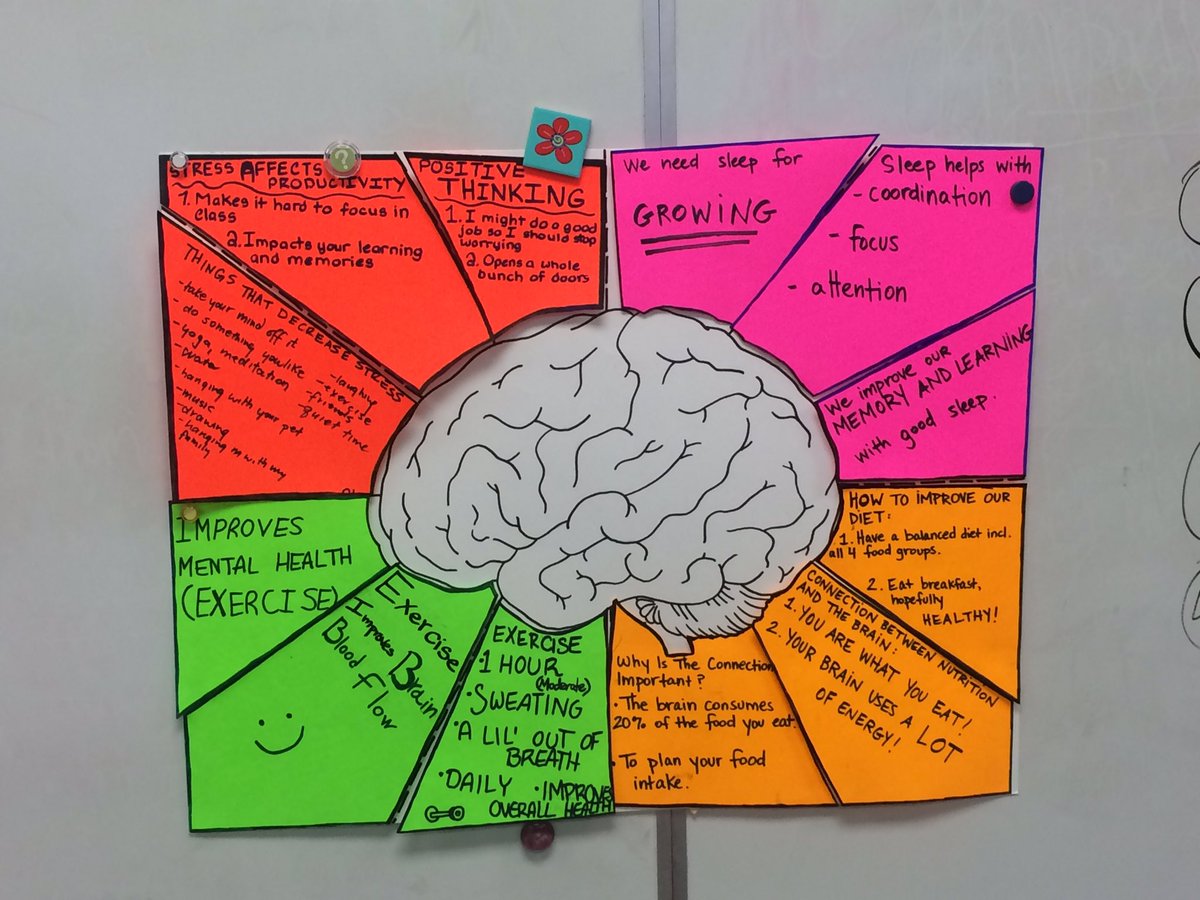
Physiology News Magazine
Better start them young: healthy lifestyle education in middle school – an event organised as part of Physiology Friday
Membership
Better start them young: healthy lifestyle education in middle school – an event organised as part of Physiology Friday
Membership
Veronica Guadagni & Marc J Poulin, Department of Physiology and Pharmacology and Hotchkiss Brain Institute, Cumming School of Medicine, University of Calgary, Calgary, Alberta, Canada
Esther Veurink & Jean-Francois Belanger, Branton School, Calgary Board of Education, Calgary, Alberta, Canada
https://doi.org/10.36866/pn.111.46
Every October, The Physiological Society participates in public engagement activities to celebrate Physiology Friday, a day dedicated to showcasing human and animal research for the general public. Last year, members of the Laboratory of Human Cerebrovascular Physiology (www.ucalgary.ca/poulin) directed by Marc Poulin at the University of Calgary embraced this opportunity. To our knowledge, we were the only Canadian site to participate.
Our Laboratory investigates the role of aerobic exercise and nutrition on sleep and cognition. We study how lifestyles can have an impact on brain health and well-being, with a special focus on healthy brain ageing.
In 2010, we started the Brain in Motion study: a longitudinal study with nearly 300 participants, looking at the effects of a six-month aerobic exercise intervention on cerebrovascular regulation in sedentary, healthy, older adults. While the implementation of healthy lifestyles in midlife can help prevent and/or delay cardiovascular diseases and dementia in later life, education about the importance of healthy lifestyles needs to start much earlier. This was the rationale behind our Physiology Friday initiative.
We partnered with the health teacher Esther Veurink and her class of 11–12 year old boys and girls at Branton Junior High School. A few weeks before Physiology Friday, we split the class into four groups to study how these four themes relate to brain health: i) exercise, ii) sleep, iii) nutrition and iv) stress management/reduction.
On Physiology Friday, the students gave short presentations to the class about each theme. During these presentations, the students completed a puzzle of the brain that stated important concepts related to their topic.

In the weeks following the event, the students completed an electronic survey about their experience. Sixty-seven per cent of students indicated that they already had a basic knowledge of the topic, 70% indicated that they learned new information, and 80% indicated that they were more interested
in physiology/brain health after Physiology Friday. Seventy-three per cent of children indicated that they changed something in their daily lives after Physiology Friday, and 97% said they would recommend Physiology Friday to a friend.
Overall, the event was a huge success! The students learned a lot and will hopefully reflect on the importance of adopting a healthy lifestyle starting at their young age. The experience was very useful for the mentors/facilitators as well. We really valued the opportunity to practice the ability to shift from scientific ‘jargon’ to a simpler language to target a different audience as part of a community engagement event. At times, we get so immersed in the technicality of our research that we forget the importance of focusing on the big picture and on how to communicate our science in a manner that makes our main findings accessible and understandable to society as a whole.
We look forward to engaging several more classes at our second rendition of the event this October.

